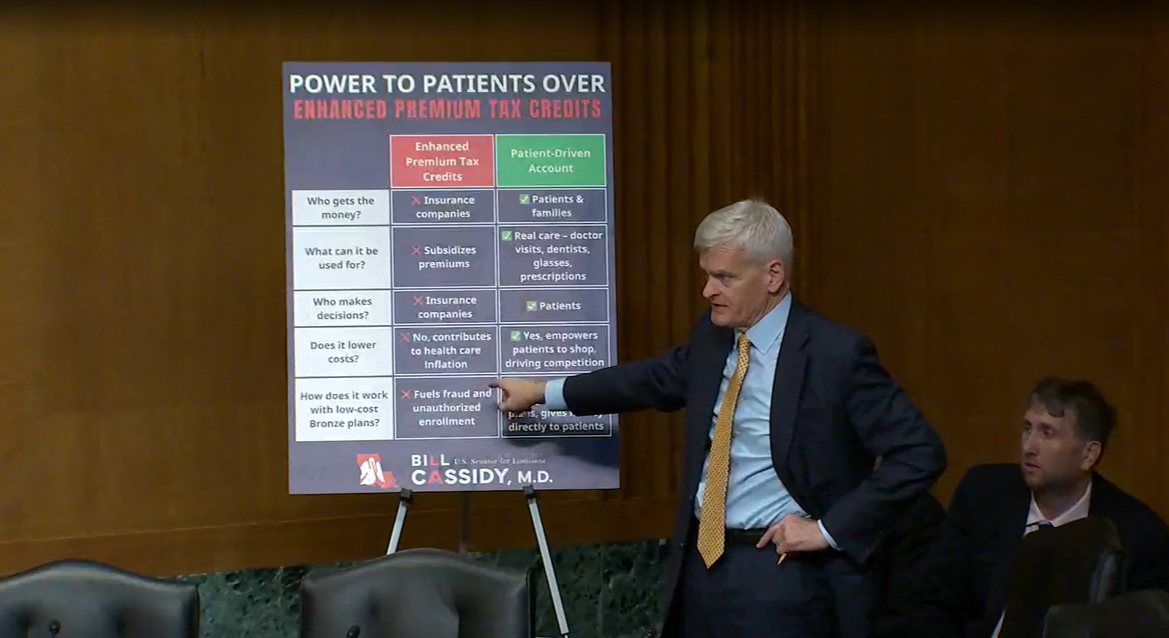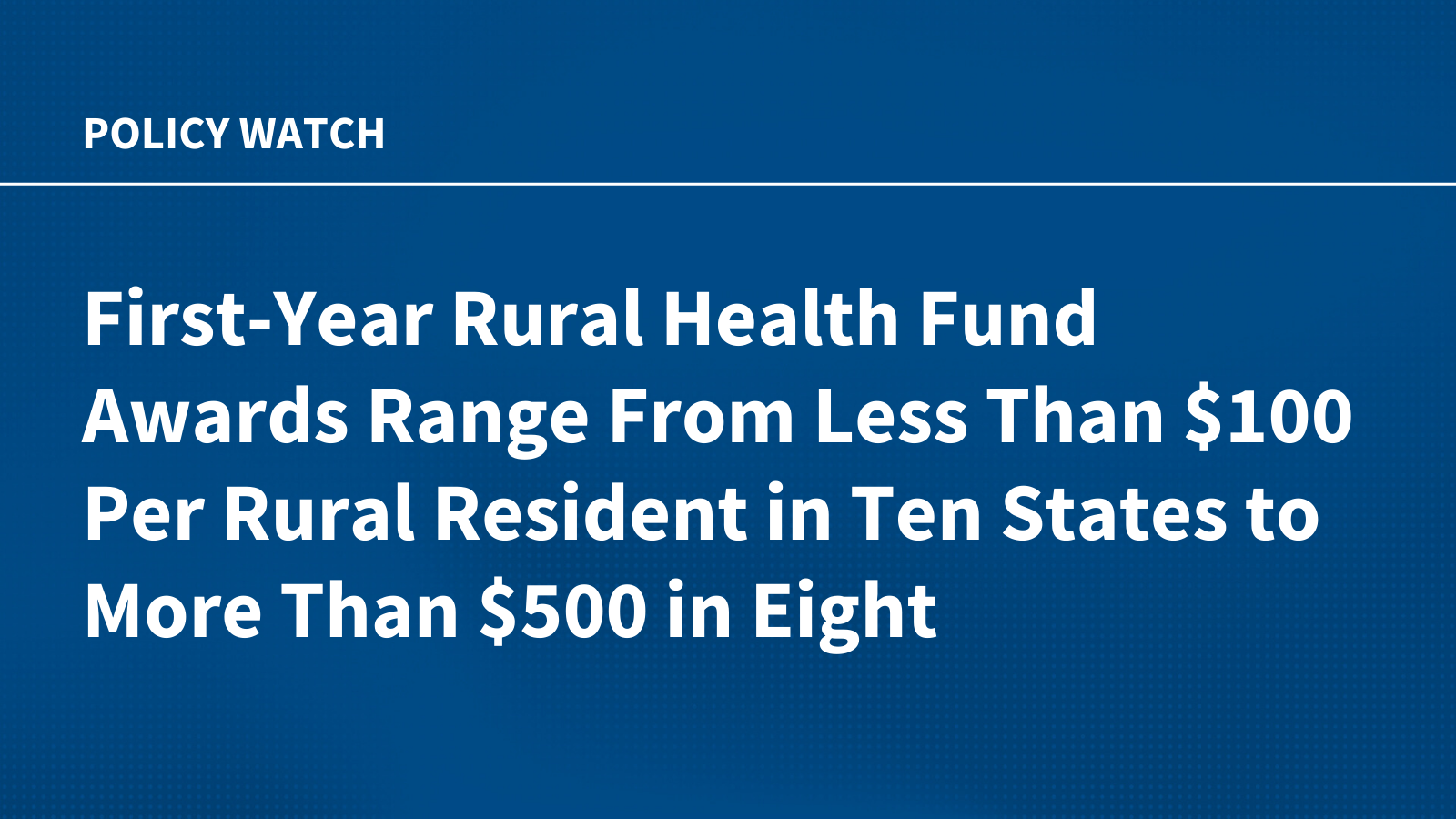The Affordable Care Act (ACA) has been a political football through much of its history, and the landmark healthcare law was back in the center spotlight at a hearing in the Senate on Wednesday.
The Senate Finance Committee hosted a session to dive into “meaningful solutions” to address the rising cost of healthcare, though the discussion was largely a bipartisan referendum on the ACA and the impact it has had on affordability.
The central question is whether to extend enhanced premium tax credits available to many individuals purchasing coverage, as they are set to expire at the end of this year. The end of these tax credits is a key factor in rising premiums on the exchanges for 2026.
Democrats held out on the longest government shutdown in U.S. history to secure a vote on an extension, but Republicans on the panel Wednesday largely pushed for a number of different reforms while characterizing the subsidies as a gift to health insurance conglomerates.
Sen. Bill Cassidy, M.D., R-La., argued that the funds put toward the premium tax credits should instead be given directly to patients in the form of a health savings account (HSA) that they can use to pay for medical care. Brian Blaise, president of the right-leaning Paragon Health Institute, said these accounts can drive a 15% to 25% reduction in healthcare spending for a family.
Offering the funds to the patient directly cuts out the insurer and instead empowers them to make their own choices for healthcare, Cassidy said.
“We don’t have to be paternalistic,” he said.
Blaise also championed short-term limited duration plans, which have lower costs than other types of coverage but have been characterized by critics as skimpy “junk” insurance, as well as association health plans and other alternatives that can provide coverage without necessarily being traditional ACA exchange plans.
The Trump administration has expanded the reach of catastrophic coverage on the exchanges as an alternative in a similar vein.
Blaise added that funding cost-sharing reduction payments, themselves a subsidy in a different form, could drive down premiums while reducing federal outlays on healthcare.
He noted that the One Big Beautiful Bill Act extended flexibilities for HSAs to go alongside bronze plans on the exchanges, which are generally the lowest premium option but tend to carry higher deductibles. Offering patients funding for their HSAs could help defray those expenses, he said.
President Donald Trump has also taken a similar approach in recent social media posts, arguing that the only healthcare legislation he would support includes the direct payments.
Details on the plan are fairly scant, and, while individuals enrolling in ACA plans can now secure HSAs with certain plans, they would not broadly have them. It’s unclear who would administer these HSAs as well, as one of the largest administrators of HSAs is Optum, a subsidiary of UnitedHealth Group and one of the companies that senators accused of using the tax credits to line its own pockets.
Democrats didn’t necessarily discount their counterparts’ ideas during the hearing but said lawmakers need to extend the subsidies as-is for at least one year to allow for significant time to actually have a back-and-forth on healthcare policy and for those policies to be implemented.
Open enrollment on the exchanges began Nov. 1 amid the government shutdown, and ends Dec. 15, meaning that most people selecting coverage have less than a month left to choose a plan or elect to renew their coverage.
Jason Levitis, senior fellow in the Health Policy Division at the left-leaning Urban Institute, said during the hearing that HealthCare.gov and most states have built the capabilities to essentially turn on the enhanced tax credits immediately if they were extended as-is.
However, an altered version would require changes to these systems as well as potential rulemaking from the Centers for Medicare & Medicaid Services, meaning that it would take far more lag time.
Ranking member Ron Wyden, D-Ore,, said that once a “clean” extension is in place, he and his Democratic colleagues would gladly join Republicans in curbing “insurance company abuses.” That extends to a long-discussed reform of the pharmacy benefit management industry, he said.
“There is a health cost freight train … that’s hurtling into view as we speak,” Wyden said.
Publisher: Source link










